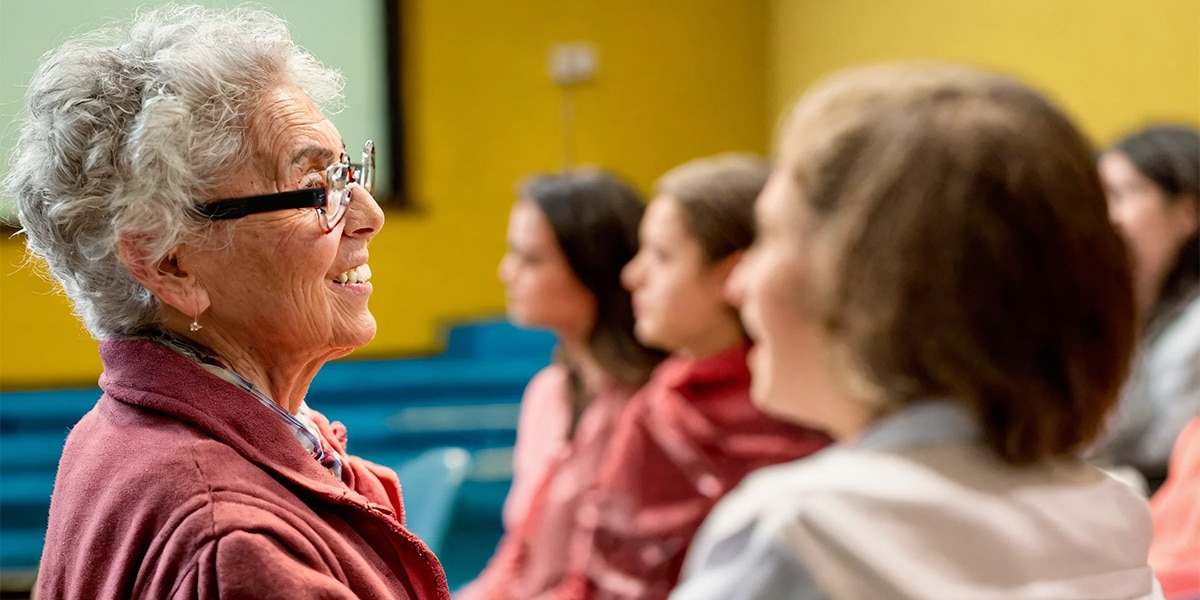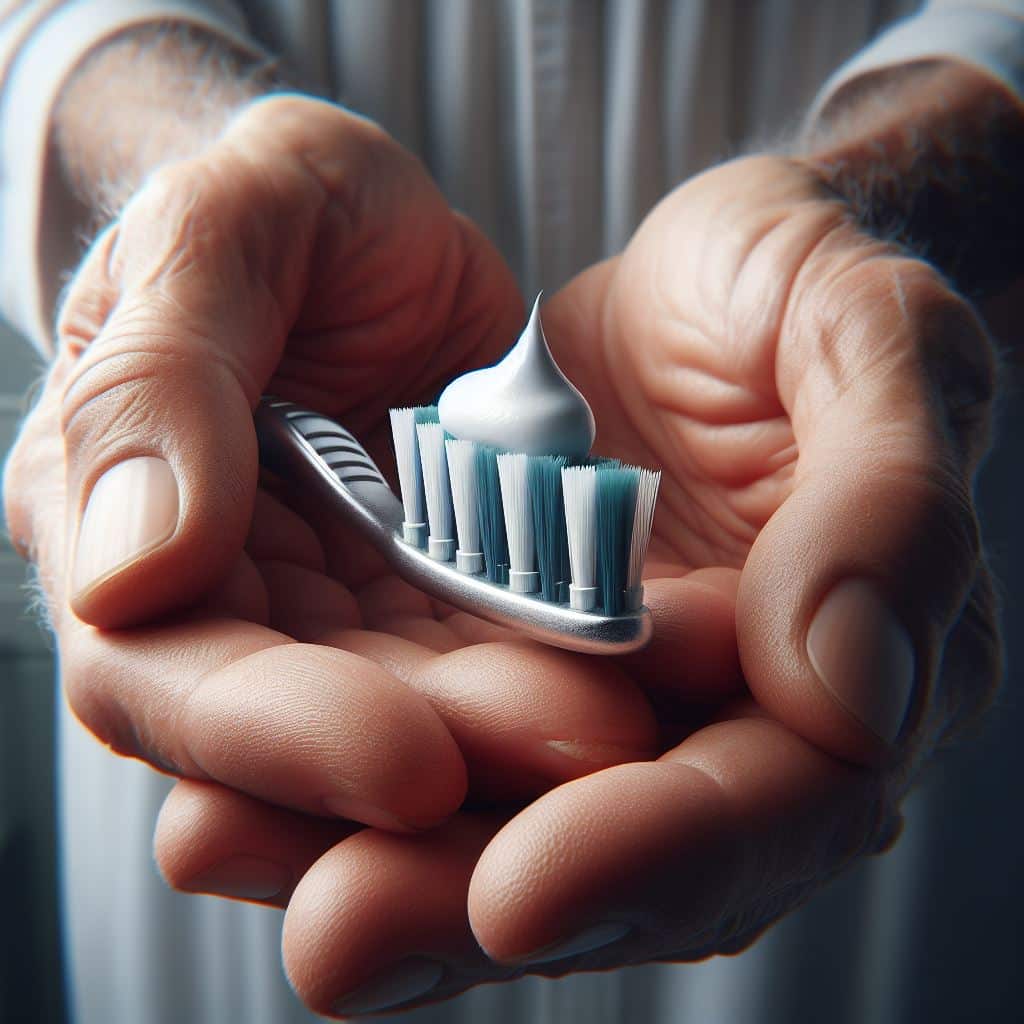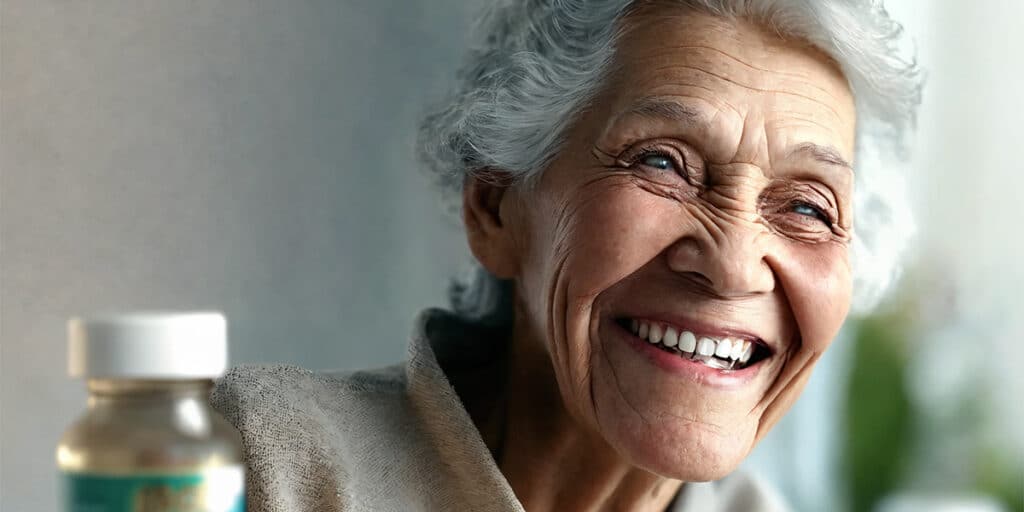Embracing a healthier lifestyle often starts with the basics, and there’s nothing more fundamental than oral health. We delve into the critical role that oral health education plays in not only preventing dental diseases but also in fostering an overall healthier life for seniors. As we age, the complexity of our health needs grows, making it essential to adopt practices that support every aspect of our well-being.
This guide aims to shine a light on how seniors, caregivers, and family members can integrate oral health education into their daily lives for long-term benefits.
The Power of Knowledge in Oral Health
Awareness and understanding are the first steps toward change. In the realm of oral health, this means recognizing the connection between good dental hygiene and the prevention of diseases. Surprisingly, many common and severe health issues can have links to oral health, including heart disease, diabetes, and stroke. By educating seniors on the importance of oral health, we empower them to take control of their well-being.
The Impact of Oral Health on Systemic Diseases: Studies have shown a correlation between periodontal diseases and heart conditions, illustrating the body’s interconnected nature.
Preventive Measures and Daily Habits: Simple daily habits, such as brushing, flossing, and regular dental check-ups, play a significant role in preventing oral diseases.
Fostering Consistent Oral Care Practices
For seniors, establishing a steadfast oral hygiene routine is not just beneficial—it’s essential for maintaining overall health. However, physical limitations or cognitive issues can sometimes make standard oral care practices challenging. Addressing these challenges requires adaptive strategies and specialized tools designed to meet the unique needs of older adults. By leveraging these resources, seniors can continue to prioritize their dental health with ease and efficiency.
Adapting Tools for Enhanced Accessibility
Electric Toothbrushes: For those with arthritis or limited hand mobility, electric toothbrushes can be a game-changer. Their larger handles are easier to grip, and the oscillating brush head does the work of cleaning teeth effectively, reducing the need for manual dexterity.
Water Flossers: Traditional flossing can be difficult for seniors with mobility issues. Water flossers offer an efficient alternative, using a stream of water to remove plaque and debris between teeth and along the gum line.
Angled or Extended Handle Toothbrushes: These toothbrushes can help seniors reach all areas of the mouth more easily, ensuring a thorough clean even when flexibility is limited.
Simplifying the Routine for Cognitive Clarity
For seniors experiencing cognitive impairments, simplicity in the oral hygiene routine is key. This might mean:
Visual Aids: Creating a step-by-step visual guide for brushing and flossing can serve as a helpful reminder of the process, ensuring no step is missed.
Routine Consistency: Keeping the oral hygiene routine consistent can help cement it as a daily habit, making it easier to remember and follow.
Family Involvement: Caregivers or family members can play a significant role in assisting with daily oral hygiene, offering reminders or hands-on help as needed.
Professional Guidance and Regular Check-Ups
Consulting with dental professionals about the most appropriate oral hygiene routine and tools is crucial. They can provide personalized recommendations based on an individual’s specific health needs and limitations. Additionally, regular dental check-ups ensure that any potential issues are identified and addressed early, keeping seniors on track with their oral health goals.
Embracing Technology and Innovation
The dental care industry continues to innovate, creating products and solutions specifically designed to overcome the hurdles faced by seniors. From toothpaste dispensers that release pre-measured amounts to apps that offer reminders and track oral hygiene habits, technology can play a pivotal role in simplifying the oral care routine for older adults.
By cultivating a tailored and accessible oral hygiene routine, seniors can effectively navigate the challenges posed by mobility or cognitive impairments. These strategies not only facilitate easier maintenance of oral health but also empower seniors to lead healthier, more independent lives.
| Topic | Key Fact | Preventive Tip |
|---|---|---|
| Gum Disease | Leading cause of tooth loss in adults over 30. | Regular brushing, flossing, and dental check-ups. |
| Oral Cancer | 53,000 Americans diagnosed yearly. | Annual screenings and avoiding tobacco. |
| Dry Mouth | Often a side effect of over 500 medications. | Stay hydrated and consult with a dentist for saliva substitutes. |
| Tooth Decay | Most common chronic disease in both children and adults. | Limit sugary foods and drinks, brush with fluoride toothpaste. |
| Sensitivity | Affects 1 in 8 adults. | Use desensitizing toothpaste and avoid acidic foods. |
Mastering Dental Care as We Age
The golden years bring with them a spectrum of oral health challenges, from the dryness of the mouth to increased sensitivity and the necessity for more intricate dental care. Understanding and adapting to these changes are crucial for preserving not just oral health, but also the overall quality of life for seniors. Delving into research, personal experiences, and expert advice illuminates paths for effectively managing these age-related dental concerns.
Dry Mouth: More Than Just Discomfort
Xerostomia, or dry mouth, is not merely an inconvenience; it’s a common condition among seniors, often exacerbated by medications and certain health conditions. A study published in the Journal of the American Dental Association underscores the prevalence of dry mouth in older adults and its implications for oral health, including an increased risk of tooth decay and gum disease.
Dr. Emily Stein, a geriatric dentist, emphasizes the importance of addressing dry mouth not just for comfort but for its role in protecting teeth and gums. She suggests, “Staying hydrated, using saliva substitutes, and possibly adjusting medications can significantly alleviate dry mouth symptoms and protect against further oral health issues.”
Sensitivity: A Growing Concern
With age, teeth can become more sensitive due to gum recession, exposing the roots and making everyday activities like eating and drinking uncomfortable.
- John, a 72-year-old retiree, shares, “After years of ignoring my sensitive teeth, a simple switch to a toothpaste designed for sensitivity made a world of difference. It was a small change that significantly improved my daily life.”
The Need for Frequent Professional Care
As dental issues become more complex with age, the need for regular professional care intensifies. The Gerontology and Geriatric Medicine journal highlights that regular dental visits are essential for early detection and management of age-related dental problems, ultimately contributing to a senior’s overall well-being.
- Innovative Solutions: Advances in dental technology, such as laser dentistry and digital X-rays, offer less invasive and more comfortable treatments for seniors. Dental practices specializing in geriatric care are increasingly adopting these technologies to improve the patient experience.
Addressing the Unique Challenges
Combating these dental issues requires a multifaceted approach:
- Personal Hydration Devices: Innovative products like smart water bottles can remind seniors to stay hydrated, combating dry mouth.
- Customized Dental Products: The market now offers a range of products tailored for seniors, including ergonomic toothbrushes for those with arthritis and high-fluoride toothpastes for battling decay.
- Educational Workshops: Some dental practices provide workshops on oral hygiene for seniors, covering everything from the basics of brushing and flossing to recognizing signs of oral health issues.
Navigating dental care in later life means staying informed, being proactive, and utilizing the tools and resources available to manage the unique challenges that come with aging. By doing so, seniors can ensure that their oral health remains a priority, safeguarding their quality of life and embracing their golden years with confidence and a smile.
Educational Strategies in Oral Health for Preventing Diseases: Key Insights
Fostering Awareness for Enhanced Health
Educating seniors about the significant role oral health plays in their overall well-being is more than just sharing information—it’s about empowering them to take proactive steps towards maintaining their health. Knowledge acts as the foundation upon which seniors can build a more attentive and dedicated oral hygiene routine. By understanding the risks associated with poor oral care, such as gum disease’s link to cardiovascular conditions, seniors are more likely to adopt practices that support their oral and systemic health.
Customizing Care for Individual Needs
Recognizing the uniqueness of each senior’s oral health situation is crucial. Personalized oral health care plans are not a luxury but a necessity to address specific challenges effectively, whether they’re dealing with dry mouth, sensitivity, or more complex dental issues. These tailored plans, developed in collaboration with dental professionals, ensure that preventive measures and treatments are not only effective but also manageable, fitting seamlessly into the senior’s daily routine.
Embracing a Holistic Health Perspective
The connection between a healthy mouth and a healthy body cannot be overstated. Integrating oral health into the broader concept of overall wellness shifts the perspective from treating symptoms to fostering a holistic approach to health care. This comprehensive viewpoint encourages lifestyle choices that benefit oral hygiene and health in general, such as nutritional adjustments and quitting smoking, thereby enhancing the senior’s quality of life.
By embracing the educational strategies outlined in this guide, seniors and their families can unlock the door to a healthier future. Prioritizing oral health through education, personalized care, and a holistic approach to wellness is not just about preventing dental diseases; it’s about laying the groundwork for a life enriched by good health. A healthy smile is indeed the mirror of a healthy life, and with the right knowledge and care, it’s an attainable goal for every senior.
Oral Health Education for Disease Prevention: Your FAQs Answered
Why is oral health important for overall well-being?
Oral health is a window to your overall health, affecting digestion, appearance, and risk of systemic diseases like heart disease and diabetes.
How often should I visit the dentist for a check-up?
It’s recommended to visit the dentist at least twice a year for cleanings and check-ups, even if you have no natural teeth or wear dentures.
What are the signs of gum disease?
Signs include red, swollen gums that bleed easily, persistent bad breath, loose teeth, and receding gums.
Can diet affect oral health?
Yes, a diet high in sugary foods and drinks can lead to tooth decay, while a balanced diet supports strong teeth and gums.
What’s the best way to prevent tooth decay?
Prevent decay by brushing twice a day with fluoride toothpaste, flossing daily, and reducing sugar intake.
Is fluoride important? Why?
Fluoride strengthens tooth enamel, making it less likely to decay. It can reverse early tooth decay as well.
How does smoking affect oral health?
Smoking increases the risk of gum disease, oral cancer, and tooth loss. It also leads to bad breath and stained teeth.
What should I do about dry mouth?
Increase water intake, chew sugar-free gum to stimulate saliva, and avoid alcohol and tobacco. Consult your dentist for specific treatments.
How can I manage tooth sensitivity?
Use a desensitizing toothpaste, avoid acidic foods, and discuss with your dentist about potential treatments like fluoride varnish.
Are there specific oral health concerns for seniors?
Seniors may face unique challenges, including dry mouth, root decay, and gum disease. Regular dental care is crucial to address these issues.
References
- “Effectiveness of Oral Health Education Interventions on Oral Health Literacy Levels in Adults; A Systematic Review” by Tayebe Ebrahimi and Moshtagh R Farokhi. This study assesses the effectiveness of health education interventions delivered with a focus on oral health literacy.
- “The impact of health education interventions on oral health promotion among older people: a systematic review” by Saeid Bashirian, Sahar Khoshravesh, Erfan Ayubi, Akram Karimi-Shahanjarini, Samane Shirahmadi & Parshang Faghih Solaymani. This study identifies the types of health education interventions for the oral health of older people and determines their effects on the oral and dental health of older people.
- “Effect of oral health education programs for caregivers on oral hygiene of the elderly: A systemic review and meta-analysis” by Zongdao Shi, Lingyun Zhang, Yan Guo, Tao Hu, Weijian Wang, Xingrong Gao, Yan Wang, and Jing Zhang. This study reviews the effectiveness of oral health education programs for caregivers on the oral hygiene of the elderly.
- “Oral health education interventions may improve the oral health status of older people” published in Nature. This study provides evidence that well-structured oral health educational programs may help improve the oral health of older people.
- “The Impact of Community Empowerment Programs on Oral Health Education” published in Thieme Connect. This study discusses the potential benefit of educational interventions on oral health in older people to improve the level of knowledge and their application in preventive oral care measures.








